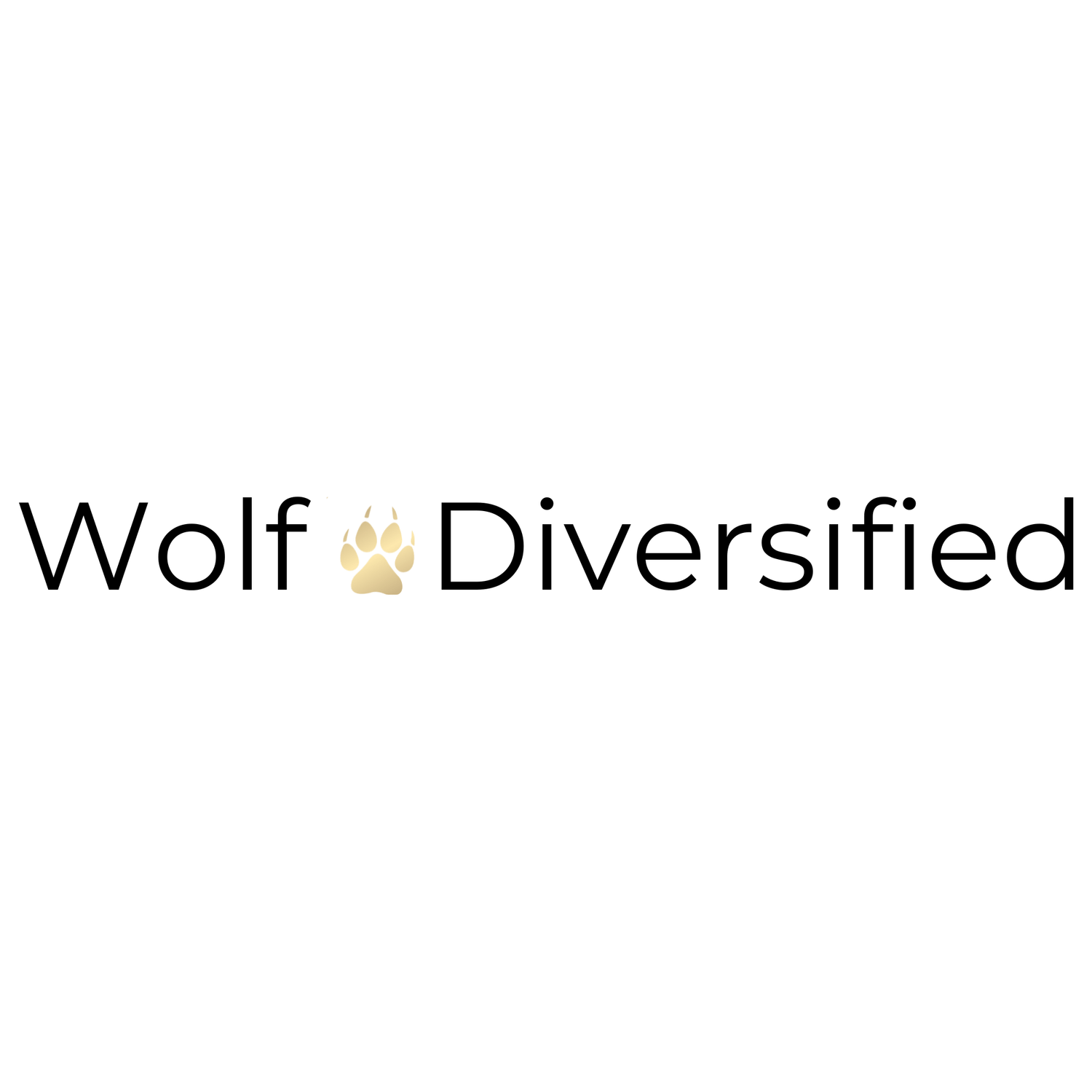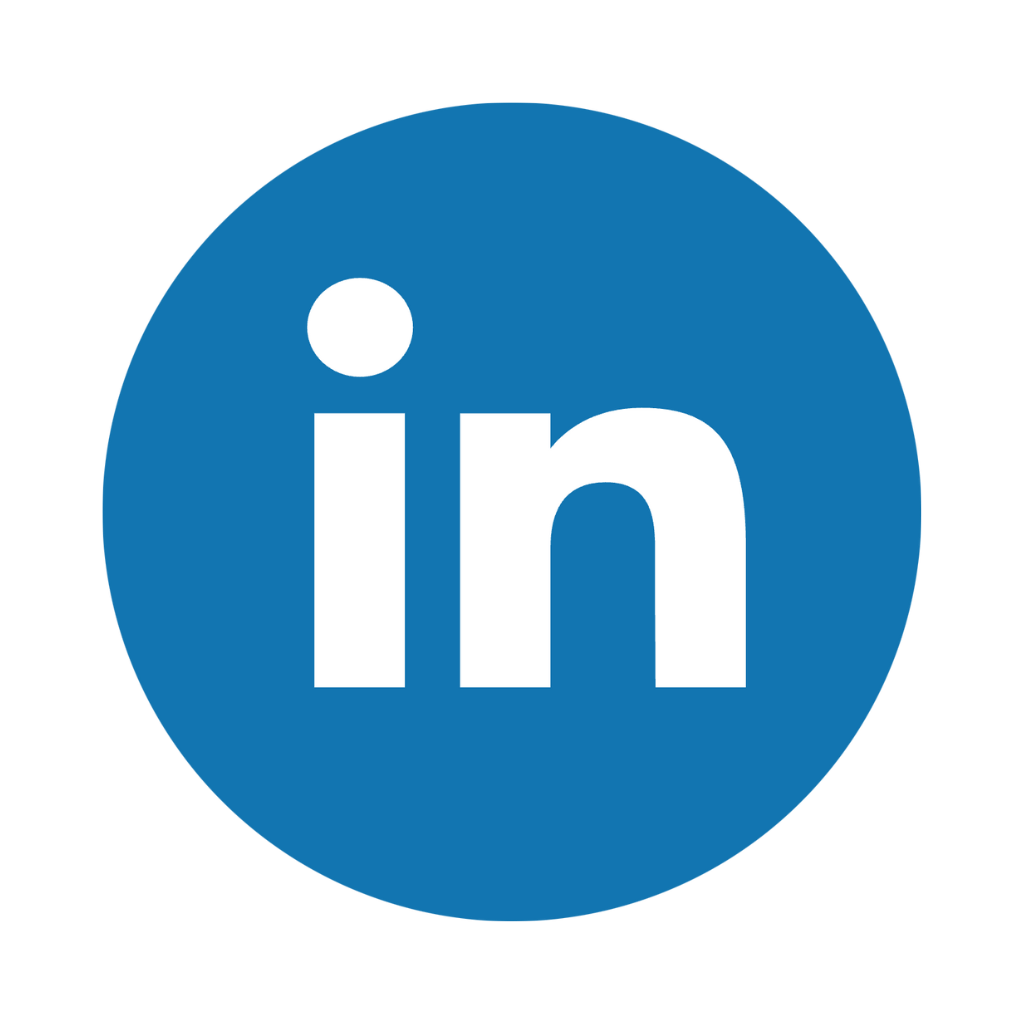AI is not the future - it's the NOW

This week, there's good news and bad news. The good news is - we've crossed a threshold. The bad news is - we've crossed a threshold. How can that be both the good and the bad? Well, it's good in that crossing the threshold means we are afforded better insights faster. It's bad in that...you can get left behind your more inquisitive peers, it can cause stress with fear of replacement, it takes some learning.
AI is no longer just an interesting side show in project management. It’s the engine driving how we predict risks, allocate resources, and make real-time decisions. And the organizations that lean into AI? They are shaping not just faster outcomes but smarter project leadership.
Let’s explore what makes AI a strategic partner — and how you can lead with AI, not just use it.
Imagine a system that:
Flags deadline risks before they become crises
Suggests resource shifts based on real-time capacity
Automatically compiles status updates from email, chat, and tools
This isn’t future talk. This is happening now—and it’s changing how projects are delivered and teams are led.
5 AI Leadership Shifts Shaping PM Today
1. Predictive & Proactive Project Management
Modern AI tools analyze historical patterns and surface risks before they escalate—unlocking smarter foresight and faster decisions. One tool I've been digging into to this end is epicflow - it promises to help automate planning & scheduling along with risk prediction. I haven't had it in practice under my own hands yet, but its approach is interesting.
2. Hybrid Methodologies Powered by Data
Forget “pure” Agile or Waterfall. AI could enable truly adaptive workflows—reshaping project delivery based on what’s working, right now. I have dreams around this one. I've been a hybrid PM for quite a long time now because it makes sense. Waterfall is great for helping us get our arms around what the whole project will take, but it's so beneficial to the work completion if the waterfall gets translated into bite sized pieces on a kanban style board. What I've learned over the years is - if there are things people CAN get ahead on, they will.
I haven't come across a tool that does this translation automatically for me YET. I am not in love with Monday. I have found some fun uses for relay.app and I have pondering some clever ways I might put a flag to use on my waterfall that could trigger a task creation on a Kanban. Because apparently this is what I do with time on my hands.
3. Automation Takes the Weight Off
Routine tasks—like status reports, meeting planning, or escalation alerts—are being handled by AI, freeing leaders to focus on strategy and connection. relay.app could definitely do an escalation alert if you don't have pre-built functionality in your existing system. Status reports are getting somewhat easier due to the configure once, read the report forever setup you can do on many Kanban boards. HOWEVER, automated reported does not relieve you of the responsibility of knowing what the heck is going on in your project. You still need to talk to your people and understand the struggles in order that you may clear them.
4. AI as Strategic Assistant
More than tools—they become collaborators. AI can help guide direction, resource allocations, even governance adaptability as teams become more distributed and cross-functional. You don't need a monumental amount of data or a monumental task to realize a benefit from AI. Sometimes, bringing AI to the minutia is exactly what you need because it frees you up to do the heavier thinking. This is a very listenable session on AI in Risk Management - it's an hour and you can listen to you while you handle email.
5. Outcome-Focused, Not Just Output-Driven
AI encourages a stronger lean toward Benefits Realization Management because it can improve your tracking of real value, not just deliverables that you check off your list. And everyone here knows by now that I adore good ROI. Prove that your projects on time AND that they are driving value in ways that actually matter.
Why AI Isn’t the Whole Answer
AI transforms—but doesn’t replace critically human aspects of leadership:
Culture still starts with humans Without safe teams and clarity, AI signals fall flat—ignored or misunderstood. We need to learn how to be as precise as possible with our directives to our AI tools; as always strong communication is they key to success.
AI depends on data you trust Poor data quality produces poor predictions. AI is only as good as what's beneath it. And what's beneath it is only as good as what we put in. The old Garbage In / Garbage Out. If we don't understand our data, both at the beginning and the end, no amount of AI is going to improve our situation.
Ethical and educated oversight still matters AI can scale, but your values, knowledge, and decisions must guide it—otherwise we fall off the path.
Real life experience here on this one - Two weeks ago, we were using an AI tool to test writing some workflow steps. It DID write steps...they weren't correct, but write them it did. If we hadn't been clearly aware of what the steps should have been, we could have just published garbage to users. When we recognized the failure, we asked our AI Tool, "Did you make that up?". Imagine the look on our faces when the reply was a YES! It admitted it didn't know the actual steps, so it provided similar sounding steps from a recent search.
Start Small, but Start!
Adopt a predictive assistant (tools like AI-powered dashboards or alerts)
Set hybrid workflows - best if they can interact automatically, but at least move in the hybrid direction
Automate reporting and light decisioning - if your tool doesn't have robust reporting built in, can you automate an export of data on a regular basis to a reporting tool?
Champion results — not just tasks - even without AI, make sure your team is doing work that has benefit and that matches your strategic plan, not just doing work. One way you could use AI is on the intake process. If a request is flagged as not matching current strategy and not fixing a user problem, maybe don't do the work?
Lead the system, not just the sprint - Start looking at the broader picture. Are resources overallocated across multiple projects? Are all of your projects tied to one strategic goal while you are making zero progress on two others?
Feeling Overwhelmed Or Stuck In Your Project Leadership? Email us - we can fix that.
support@wolfdiversified.com
Subscribe to our weekly newsletter for insights on project management, technical strategy, and leadership. Instantly get our free guide: the 7 problems we’re most often called in to fix — and what you can do about them.



